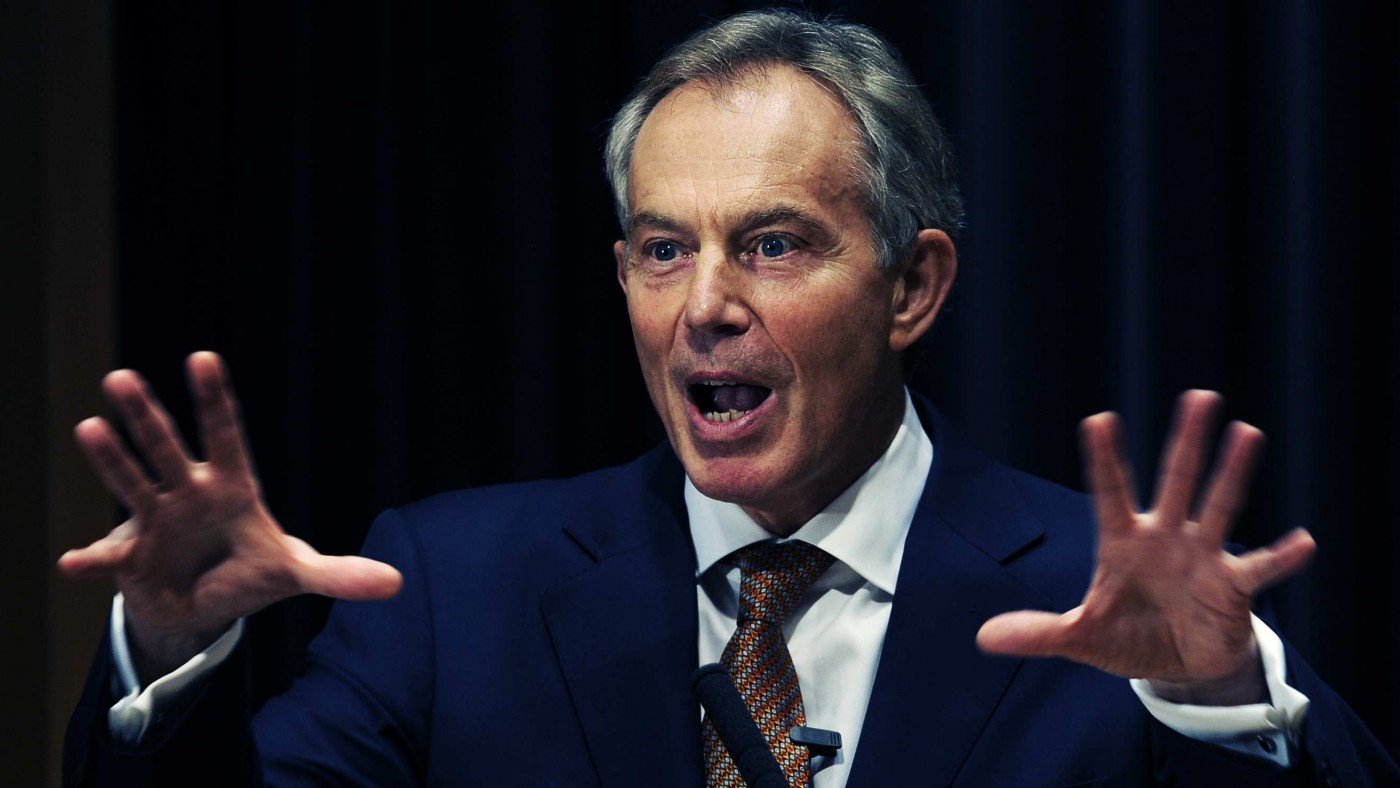Tony Blair was a highly successful leader in electoral terms. His party last won a general election a decade ago, when he was still, just, leader. But any Blair supporter who doubts that his project – the reinvention of Labour as natural party of government – was a disastrous failure need only look at the identity of the party’s current leader and weep.
The extent of the failure of the project, and Blair’s relative youth and difficulties on Iraq, mean that he is condemned to go around defending himself in perpetuity. As semi-retirements go, it doesn’t look like a lot of fun.
His latest case for the defence is a psychologically fascinating piece for the Spectator in which he makes a good case for the moral imperative in the modernisation of public services.
But what stands out is how little of a long essay is about economics. Indeed, I can see two sentences which are wholly about that topic when economic failure is arguably even more responsible for Labour’s collapse in credibility than Iraq. The party still won a parliamentary majority in 2005, two years after the invasion of Iraq. The financial crisis came three years later (although it started in February 2007 with problems in the market for sub-prime related products.)
Blair’s explanation is boiler-plate Blairite baloney. We didn’t see the financial crisis coming, he says, along with everyone else. That is not true. Many countries – Canada for example – had an easier time because their banking systems had not been bloated to the same extent as the British system. The UK was hit so hard because it so massively expanded its banking system and extended the financialisation of the economy, with political leaders behaving like this represented a new normal. Politics then became a question of how you spent the proceeds, which it was assumed would always continue to be there. In this way, Blair sub-contracted economics – the thinking about it, the taking more than a passing interest in it – to the Chancellor, Gordon Brown, in a manner that is without precedent in the modern era. This had its origin in the brotherly closeness gone bad and the disastrous division of responsibilities that stemmed from the way in which Blair took the leadership in 1994 and wouldn’t confront Brown from then on. This meant that an entire generation of Labour moderates emerged who learnt that the economy was a Gordon and Ed Balls thing. Dare to make a speech on it, or express a mildly sceptical opinion in an interview, and you could expect to be annihalated by the Brownite machine. So people said, and even thought, nothing. There was a hole in Blairism where there should have been economics.
Blair does make an important admission though in the Spectator. He says that the failure came down to a lack of understanding. That meant blindness on credit bubbles, the confusion of consumer protection with proper, uncluttered regulation of the big ticket items in finance, and a credulousness when it came to mad claims that boom to bust – a cycle as old as the South Sea Bubble, at least – had been eliminated.
Blair’s welcome glimmer of recognition should be the starting point for any attempt at a regeneration of the moderate, mainstream Labour tradition, for a simple reason. Voters will never take the party seriously again until it has a coherent case on the economy, which means the moderates switching on the part of their brains marked “economics.”


